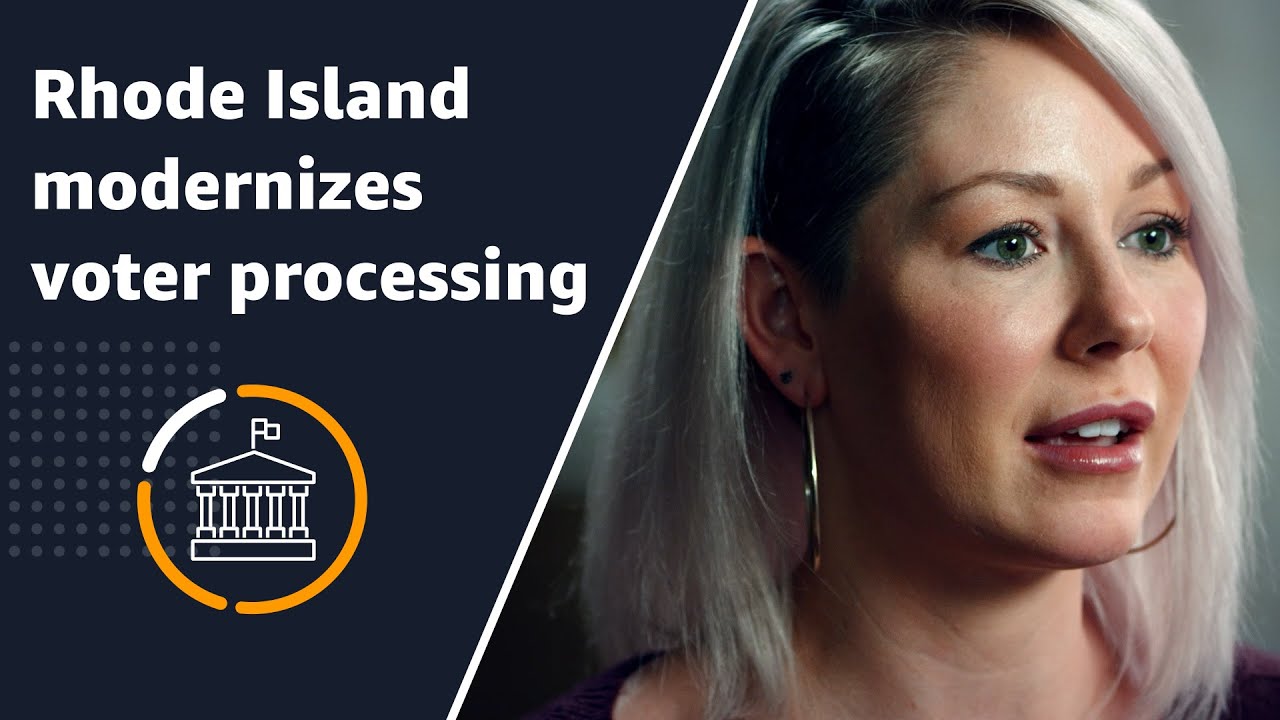Introduction to the Electoral Process in Rhode Island
The electoral process in Rhode Island plays a crucial role in determining the outcome of presidential elections. Rhode Island, like all other states in the United States, follows the Electoral College system to select its electors. This system was established by the Constitution to ensure a balanced representation of the states in the presidential election. Understanding the process of selecting electors in Rhode Island is essential for comprehending the intricate workings of the electoral process in the state.
The Constitution and Electoral College System
The Electoral College system, outlined in the United States Constitution, is the basis for electing the President and Vice President. Each state is allocated a certain number of electors, equal to its total number of senators and representatives in Congress. In Rhode Island, this means that the state is allotted four electors, which corresponds to its two senators and two representatives in the House of Representatives. The Constitution grants states the authority to determine the specific method for selecting their electors.
Understanding the Role of Electors in Rhode Island
Electors in Rhode Island have the significant responsibility of casting their votes for the presidential and vice presidential candidates. They act as intermediaries between the voters and the final outcome of the election. While the general public casts their votes for the candidates, it is the electors who ultimately determine who receives the state’s electoral votes. This process ensures that the will of the people is accurately represented while maintaining the importance of the states in the election.
Eligibility Requirements for Becoming an Elector
To become an elector in Rhode Island, individuals must meet certain eligibility requirements. According to state law, electors must be registered voters in the state. Additionally, they cannot hold any federal office or be members of Congress at the time of their selection. These criteria are put in place to ensure impartiality and to prevent conflicts of interest that may arise from holding multiple positions of power.
Party Nominations and Selection of Electors
Political parties in Rhode Island play a central role in the selection of electors. Each party nominates a slate of potential electors, usually during their state party conventions. These individuals are chosen based on their loyalty to the party and their willingness to represent the party’s interests. The number of electors nominated by each party is determined by the total number of seats Rhode Island holds in Congress.
Filing and Certification of Elector Candidates
Once the party nominations are made, the selected elector candidates must file their names with the Secretary of State’s office in Rhode Island. This filing process ensures that the candidates are officially recognized and can appear on the ballot. The Secretary of State’s office verifies the eligibility of the candidates and certifies their names to be included in the election.
Electoral Campaigning and Public Outreach
While electors in Rhode Island do not engage in traditional electoral campaigning, they still play a vital role in public outreach. Elector candidates often participate in public forums, debates, and media interviews to express their support for the presidential and vice presidential candidates they represent. This engagement allows voters to become familiar with the electors and their stances, reinforcing the connection between the electors and the public.
Voting for Electors in Rhode Island
In Rhode Island, voters do not directly vote for the presidential and vice presidential candidates. Instead, they vote for the slate of electors associated with their preferred candidates. Essentially, voters in Rhode Island are casting their votes for the electors who will ultimately cast their votes in the Electoral College. The winning slate of electors is determined by the popular vote in the state.
The Winner-Takes-All System in Rhode Island
Rhode Island, like most states, follows the winner-takes-all system in determining the allocation of its electoral votes. This means that the slate of electors who receives the majority of the popular vote in the state is awarded all four of Rhode Island’s electoral votes. The winner-takes-all system ensures that the state’s electoral votes are consolidated behind the winning candidate, providing a clear representation of the state’s preference.
The Role of Electors in the Presidential Election
Once the popular vote is determined, the electors in Rhode Island gather at the State House to formally cast their votes for the presidential and vice presidential candidates. These votes are then recorded and transmitted to the President of the Senate, who is responsible for counting the electoral votes during a joint session of Congress. The role of the electors is to faithfully represent the will of the people in Rhode Island and contribute to the overall outcome of the presidential election.
Counting and Certifying the Electoral Votes
After the electoral votes are counted, the President of the Senate announces the results during the joint session of Congress. The candidate who receives a majority of the electoral votes nationwide is declared the winner of the presidential election. Once the results are certified and accepted, the President-elect and Vice President-elect are officially declared. This certification process affirms the legitimacy of the electoral process and ensures a peaceful transition of power.
Conclusion: The Importance of the Electoral Process
The electoral process in Rhode Island is a vital component of the democratic system in the United States. The role of electors in representing the will of the people highlights the significance of their selection. By understanding the process of selecting electors, citizens can actively participate in the electoral process and have confidence in the outcome of presidential elections in Rhode Island. The Electoral College system, alongside the dedication of electors, ensures a fair and representative election process.





